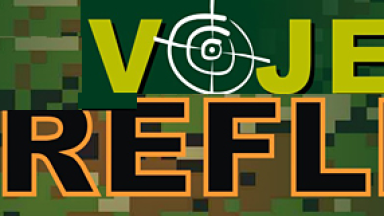Multilaterálne a bilaterálne jadrové dohody ako formatívny princíp druhého jadrového veku
MULTILATERAL AND BILATERAL NUCLEAR AGREEMENTS AS A FORMATIVE PRINCIPLE OF THE SECOND NUCLEAR AGE
Peter Terem - Matej Drotár
***
Politické vedy, Volume 24, Number 3/2021, pages 129-170
DOI: https://doi.org/10.24040/politickevedy.2021.24.3.129-170
Recommended form for quotation of the article / Odporúčaná forma citácie článku:
TEREM, P.–DROTÁR, M. 2021.Multilaterálne a bilaterálne jadrové dohody ako formatívny princíp druhého jadrového veku. In Politické Vedy. Vol. 24, no. 3, pp. 129-170. ISSN 1335–2741. Available at: https://doi.org/10.24040/politickevedy.2021.24.3.129-170
ABSTRACT
Academic research on nuclear weapons and their implications for the realm of international relations has been quite intensive since the end of the Cold War. The potential to influence prospects of achieving the ideal of regional or global zero emerged yet again and the combined momentum of recent multilateral and bilateral nuclear agreements appeared as a precious window of opportunity in orderto achieve that goal. Hence, in the present study, the correlation between strategic thinking and the willingness to adopt multilateral and bilateral nuclear agreements between and across the existing and potential nuclear powers demonstrated an upcoming trend. The Joint Comprehensive Plan of Action and the new Strategic Reduction Arms Treaty served as the most striking examples for comparison and analysis. Various sinusoid-like developments of the second nuclear age in the recent past notwithstanding, theabove-mentioned multilateral and bilateral nuclear agreements showed the ability to create more space for further arms reductions and to pave the path for nuclear balance. Preliminary conclusions suggested that both major nuclear proponents of today –theUSA and Russia –were to continue to understand that the clear-cut benefit of the latter has not changed a bit since the end of the Cold War. The new conundrum that they created, however, was the ongoing existence of nuclear weapons as a military capability on the one hand, and the growing tendencies to reduce them with the help of multilateral and bilateral nuclear agreements on the other.
Key Words: Nuclear Weapons, Strategic Thinking, Non-proliferation, JCPOA, New START
Súbory na stiahnutie
| Názov | Veľkosť | Formát | Dátum | Zoradiť podľa: |
|---|---|---|---|---|
| Multilaterálne a bilaterálne jadrové dohody ako formatívny princíp druhého jadrového veku | Veľkosť: 841 kB | Formát: pdf | Dátum: 6.1.2024 |





